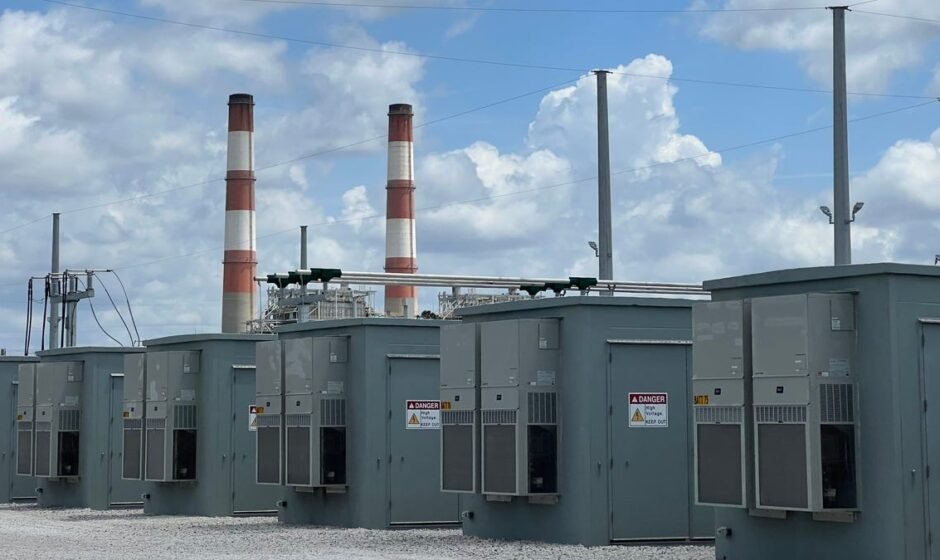Susan Nugent, a Climate Reality Project leader from Gainesville, recently shared her astonishment at the increase in her utilities bill in December. Upon studying the bill, she discovered that the gas usage was significantly higher than usual. Despite her efforts to transition to electric appliances, her furnace still relies on gas.
Nugent’s house, like many others in her area, was originally designed to be “gas ready.” The house featured a gas furnace and a gas fireplace in the living room to attract potential buyers. However, Nugent stopped using the fireplace about eight years ago due to concerns about the release of fumes, specifically carbon monoxide.
She highlights that natural gas, which is composed of over 70% methane, is a significant pollutant. While methane does dissipate from the atmosphere faster than other fossil fuels, it still contributes to approximately one-third of the current warming from greenhouse gases. In order to address this issue, nations at the United Nations’ climate conference COP28 pledged to reduce methane emissions by 30% by 2030.
Nugent points out that one challenge in achieving this goal is the perception of natural gas as a transition fuel towards cleaner energy. The fossil fuel industry has invested in campaigns to portray natural gas as harmless to the atmosphere, perpetuating misinformation. However, the U.N.’s Intergovernmental Panel on Climate Change emphasizes the need to reduce natural gas usage, particularly due to its methane content.
To effectively reduce methane emissions, attention must be given to sectors such as agriculture, the fossil fuel industry, solid waste, and wastewater. Agriculture is the largest single source of global methane emissions, primarily due to the use of manmade fertilizers. Encouraging regenerative agriculture practices, such as cover cropping and natural fertilizers, would reduce the reliance on natural gas in agriculture.
Furthermore, capping old wells is another way to address the misuse of natural gas by the fossil fuel industry. Neglected wells that are no longer in use continue to release substantial amounts of methane into the atmosphere. Landfills also contribute significantly to methane emissions as materials biodegrade. Nugent suggests that individuals should consider alternatives to throwing away unwanted items, such as composting, and adopt a mindset of refusing, reducing, reusing, recycling, and repurposing.
Individuals can also contribute to methane reduction by replacing gas-powered appliances and vehicles with more sustainable alternatives as old ones need replacement. Nugent mentions that the Inflation Reduction Act may provide assistance with the expenses associated with these changes.
In conclusion, Nugent encourages individuals to be mindful of their gas usage and avoid taking the easy way out. By making conscious choices and addressing the misuse of natural gas, everyone can contribute to reducing methane emissions and combating climate change.




